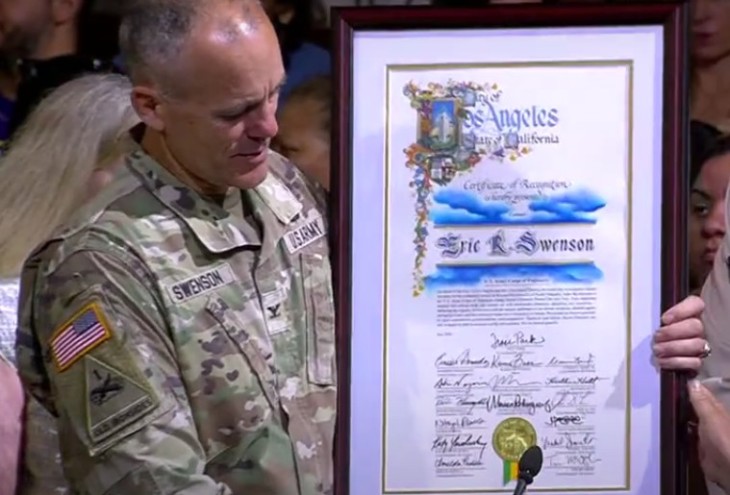WILLIAM K. HAYES, ATTORNEY
Everyone knows they’re going to die. They just don’t believe that it will be soon. They believe that they can “time the market,” so to speak. They’ll handle everything that needs to be handled for themselves and their loved ones just before anything consequential happens. Most of us expect that tomorrow will be another day like any other. But, as Euripides said, “no one can confidently say that he will still be living tomorrow.”
According to the Center for Disease Control and Prevention (CDC) and the National Center for Health Statistics (NCHS), the number of deaths in the United States for 2009 was 2,423,712. In fact an average of 6,640 people died in the U.S. each day during that year. Some of them died of long-term illnesses. However many of them died unexpectedly from accidents, heart attacks, and other tragedies.
Disabilities are another issue. Very few people anticipate incurring a disability. Although we know we’re going to die, disabilities are something that happens to the other guy. Statistics produced by the Council of Disability Awareness inform us that up to 30 percent of the people entering the workforce will incur a disability prior to their retirement. It is also estimated that approximately 15 percent of workers can expect to suffer from a disability for up to five years before they retire. Over 36 million Americans are now classified as disabled; about 12 percent of the total population. More than 50 percent of those disabled Americans are in their working years, from 18-64. In December of 2010, there were over 2.5 million disabled workers in their 20s, 30s, and 40s receiving SSDI benefits.
The numbers don’t lie. Death and disability are considerations that should be factored into all of our life plans.
If you incur a disability and you’re married, you just assume that your spouse will have the right to step in and take care of everything-right? Well your assumption may wind up with unintended consequences for both you and your family.
When an individual incurs a disability, life still goes on. Bills have to be made, checks have to be signed, and agreements have to be observed. Although the healthy spouse may sign contracts and checks in the name of the ill spouse, the reality is that to do so is illegal unless there was explicit authorization from the ill spouse.
The law requires that unless there is a properly written power of attorney, the healthy spouse or anyone else who wishes to assume the care of the ill spouse should petition the court for conservatorship documents to assume control of the person and estate of the ill spouse. Upon doing so, the estate of the ill spouse is then put under the supervision of the court system and from that point until the time of recovery or the death of the ill spouse, everything having to with the ill spouse must be reported to the court for approval.
Oftentimes, the court appoints another family member or even a professional conservator, neither of whom may have been the preference of the ill spouse. But at that point in time, the life of the ill spouse is no longer his own. All decisions concerning his life are only the concern of the appointed family member or the professional conservator who has been newly introduced to the ill spouse.
If the ill spouse is hospitalized, you might assume that the healthy spouse can automatically make decisions and receive information about the treatment and health of the ill spouse. In 1996 Congress passed a law to protect the health insurance benefits of employees when they transferred from one company to another. The law is known as the Health Insurance Portability and Accountability Act of 1996 (also known as HIPAA). However, in 2006, the privacy protection of the law was expanded to almost all medical information to the point where now everything about your medical condition and treatment is considered highly confidential.
Without a HIPAA Authorization and Release, your spouse, children, and family may be unable to obtain any information about you, including whether you are even in a particular hospital! A HIPAA Authorization and Release allows you to decide who has authority to request and receive your personal medical information. There is no standard federal authorization and release form. As a result, many institutions have developed their own particular form. Often times, unless you sign a form that the particular institution believes to be adequate, your family and loved ones will be told that the information cannot be released.
Let’s look at what would happen if you died without planning in advance. First, if your death were preceded by a period of incapacity, your family might not be able to access funds that were needed during your illness. Without a Durable Power of Attorney for Property, financial institutions and other companies and organizations (Social Security Administration, utility companies, etc.) will not speak with anyone trying to assist you. Next, if you had not legally expressed your wishes with regard to your end-of-life care, your family might not be able to carry out your wishes. A Health Care Power of Attorney, Advance Health Care Directive, Health Care Proxy or Living Will would be needed to empower the person whom you designate to assist you.
After your death, the probate court would appoint an executor or administrator for your assets. In some states this can be a time-consuming and expensive process. Often, this process can be made less burdensome if you had planned with a Trust. But, in the absence of planning, there are no legal instructions with regard to the disposition of your assets. In other words, you were “intestate”(i.e., died without prior planning).
When you die intestate, the distribution of your assets is set by a pre-determined list for intestate succession that varies from state to state. Typically, it is some combination of your spouse, descendants, and family of origin. But, without a valid Will, you do not get to specify who gets how much. You have to rely on what the state of California has set as the default for distribution. This may be far from what you have in mind. For example, if you have an unmarried partner, he or she would get nothing.
Even more importantly, without a Will, you would have no input into who will raise your minor children or provide assistance for an adult child with special needs. State law and the judge will determine that for you. Of course, the judge would not be privy to your experiences and may make a different decision without the benefit of your guidance.
Unfortunately, the question is not if you will die, but when will you die. When you die, you can leave a plan to achieve your goals and care for your family or you can leave it to chance. Your family and your hard-earned assets are too important to pass without your direction. Contact a qualified estate planning attorney today. They can prepare a plan for you which achieves your goals of passing your assets to whom you wish and make sure that your selection of guardians for your children are heard by the court. The planning can even help minimize or avoid estate taxes.
William K. Hayes is a member of the American Academy of Estate Planning Attorneys. The Hayes Law Firm specializes in Trusts, Probate and Asset Protection planning. For free information or to request a free estate planning seminar for your business or social organization, contact attorney Hayes at 626.403.2292 or visit the Hayes Law Firm website at www.LosAngelesTrustLaw.com. This article is provided for educational purposes only and is not meant to provide legal advice as the circumstances for each individual will differ. Please seek the advice of experienced legal counsel.

























